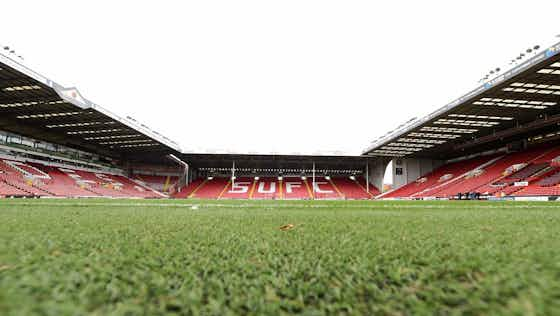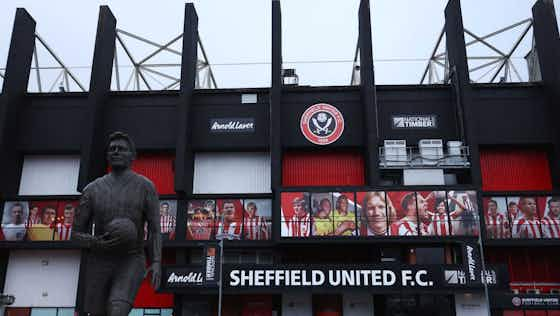How Sheffield United started a football naming tradition
With their formation in 1889, Sheffield United are the reason for one of football's most enduring naming conventions; the use of the name "United".
As the city known as 'The Home of Football', the city of Sheffield has more footballing claims to fame than most, and one of its most enduring name conventions comes from the formation of one of its clubs.
Sheffield plays a pivotal role in the history of football, from being the birthplace of the two oldest clubs in the world, to being the home of the 'Sheffield Rules' , a separate set of rules which ran concurrently with the formal rules and which were eventually merged into the Laws of the Game, including corner kicks, throw-ins, and heading the ball.
But those oldest two clubs, Sheffield FC and Hallam FC, would not prove to be the powerhouses of the game within the city as football turned professional in the 1880s.
The Wednesday FC were formed in 1867 and in 1889, with the city having not had a club among the original twelve who were invited to join the Football League a year earlier, another club was formed.
The formation of this club, Sheffield United , would come to have a lasting effect on the language of the game.

Bramall Lane had been used as a cricket ground in 1855, but by the 1880s it was regularly being used for football as well.
And when an FA Cup semi-final was played there between Preston North End and West Bromwich Albion in front of a crowd of 22,000, a decision was made to form a club to utilise the stadium shortly afterwards.
The new club was, as The Wednesday had been more than two decades earlier, a cricket club looking for ways in which to keep their players fit during the winter.
That club was known as the Sheffield United Cricket Club after having been formed as a merger of several different clubs in 1854. The Sheffield United Cricket Club is believed to be the first sports team of any stripe to call themselves 'United' .
Both Sheffield United and The Wednesday were voted into the Football League in 1892, when it expanded to two divisions, although Wednesday were voted into the First Division and United were voted into the Second.
United were promoted into the First Division at the end of their first season after beating Accrington 1-0 in the final of that year's test matches (the 1890s equivalent to play-offs).
The two clubs first met each other in the League at Bramall Lane in October 1893, with the match ending in a 1-1 draw.

The suffix "United" has since become one of the most enduring names in football, even if it's not quite as common as we might think.
Only ten of the 92 clubs in the Premier League and EFL have it as a name, but the fact that some of the biggest clubs in the country carry it means that the word is now indelibly linked to the game of football in this country.
The most famous Uniteds are Newcastle and Manchester. Newcastle's version of the name because they were the result of a merger between two clubs called Newcastle West End and Newcastle East End in 1892 , while Manchester United got their name as a rebrand after the club was bought out from near-liquidation in 1902 .
Four of those ten clubs exist in the Premier League, with the other two being Leeds and West Ham.
Leeds were formed in 1919 following the expulsion of Leeds City from the Football League over financial irregularities, while West Ham's name came about when Thames Ironworks FCs, a company team for a shipyard and iron works based in East London, closed down, changed their name, and re-emerged under a new name.
The six Uniteds in the EFL are Cambridge, Colchester, Oxford, Peterborough, Rotherham and Sheffield respectively.
So the name 'United' can mean many things, from a new club being formed as a merger of others to a sign of togetherness following adversity or just as an indication that a town or city is 'united' behind one club.